Bibi. Andrea Garcia Flores. Gato Negro Ediciones
Posted in politics on March 16th, 2023Tags: Andrea Garcia Flores, Bibi, books, fanzine, Gato Negro Ediciones, politics, zine
Order here
Order here
Order here

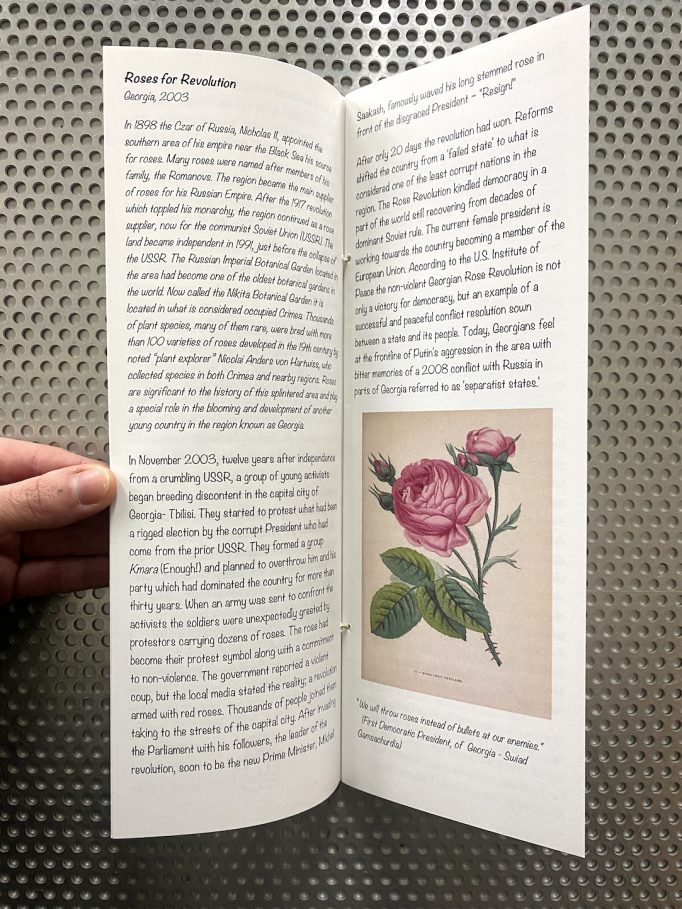


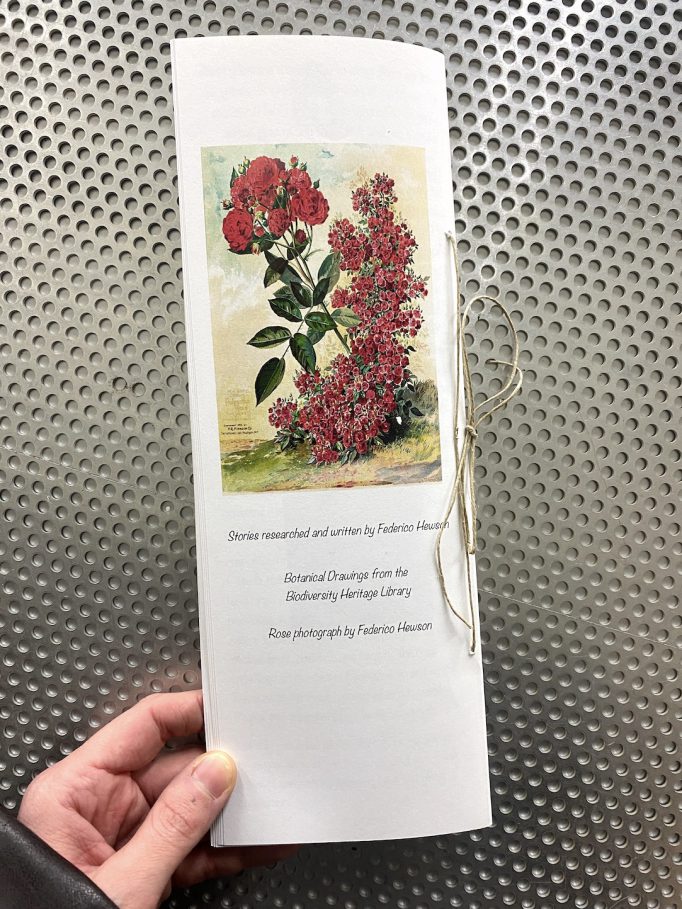
Artist Federico Hewson describes, accompanied by botanical drawings, how roses have been tools and symbols for activists and movements around the world throughout and today.
Order here

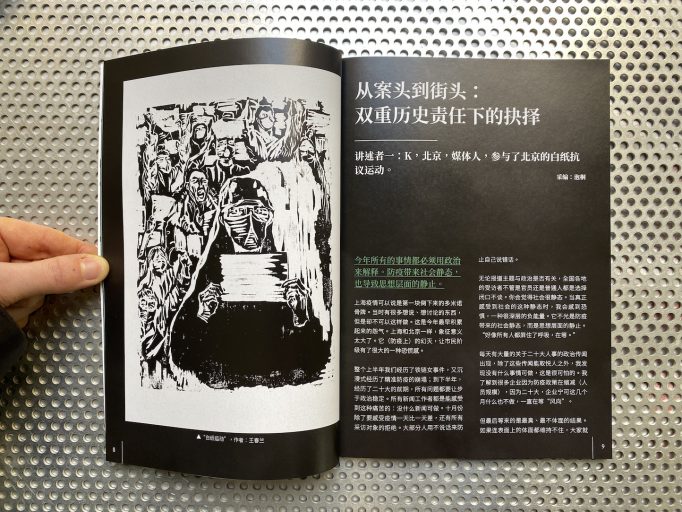

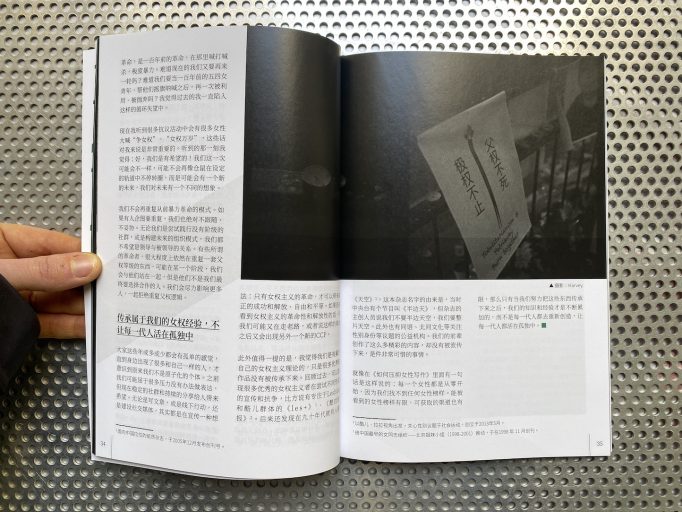


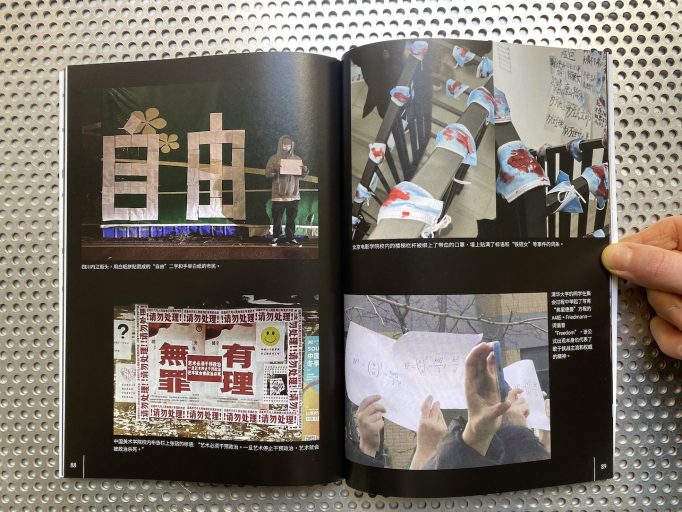

Mang Mang Magazine Vol. 1 is a Chinese-language independent magazine called “莽莽 Mang Mang” (meaning wild grass). The magazine includes articles, interviews, photos, and well-researched infographics documenting the recent wave of protests in China and in Chinese communities throughout the world that has led to the ending of the draconian Zero-Covid policy in China. Mang Mang Magazine Vol. 1 also deals with broader political and social issues (feminism, LGBTQ) and supports protests in Iran and Hong Kong, just to name a few.
Order here
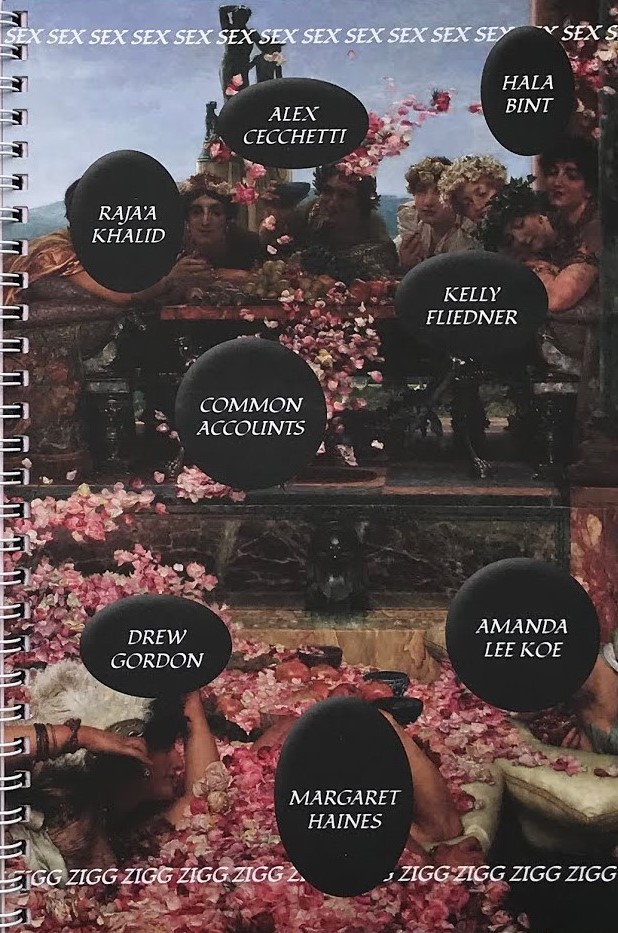
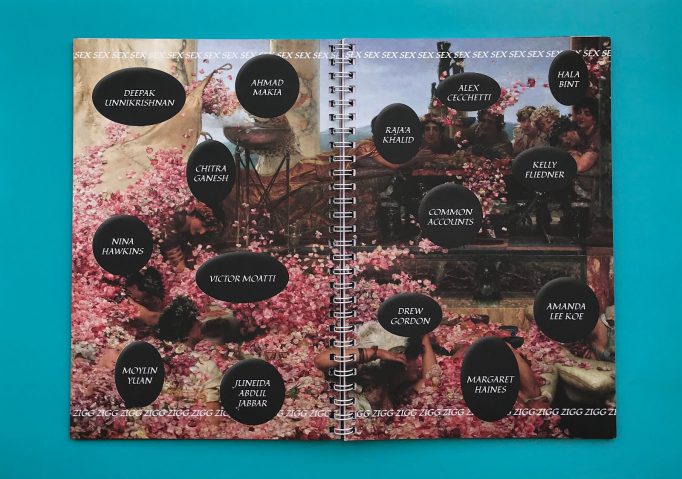




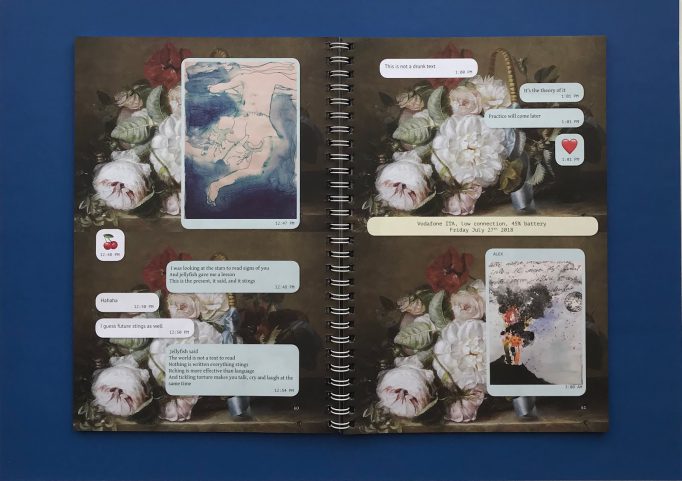
This edition of ZIGG is interested in exploring sex as an evolutionary psychology. It brings together contributions from a network of friends, peers, colleagues who have engaged or encountered the makers of ZIGG through intellectual, psychosexual vibrations. It includes text messages, illustrations, drawings, poetry, code, conversation, rants, and essays.
Contributors: Hala Bint, Alex Cecchetti, Common Accounts, Kelly Fliedner, Chitra Ganesh, Drew Gordon, Margaret Haines, Raja’a Khalid and Ahmad Makia, Amanda Lee Koe, and Deepak Unnikrishnan.
ZIGG is a publishing association engaged in critical thinking from Dubai. It circulates amorphous aesthetics, printed matters, and promotes the disciplinary blurring between sex, media, earth matter, magic, and politics.
Edition of 300
Order here







Blerta Hoçia reflects on the consequences of the pandemic in Albania, from the quarantine of the population to the state of siege, where as a result basic human rights were significantly reduced. Her adultery tells the story of one night, that of May 17, 2020, the demolition of the National Theater and police violence against citizens, artists and activists.
Order here
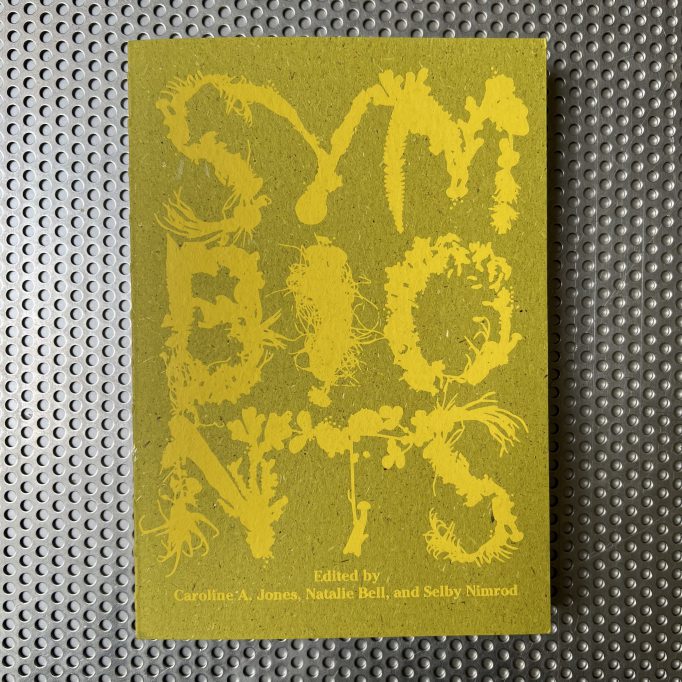

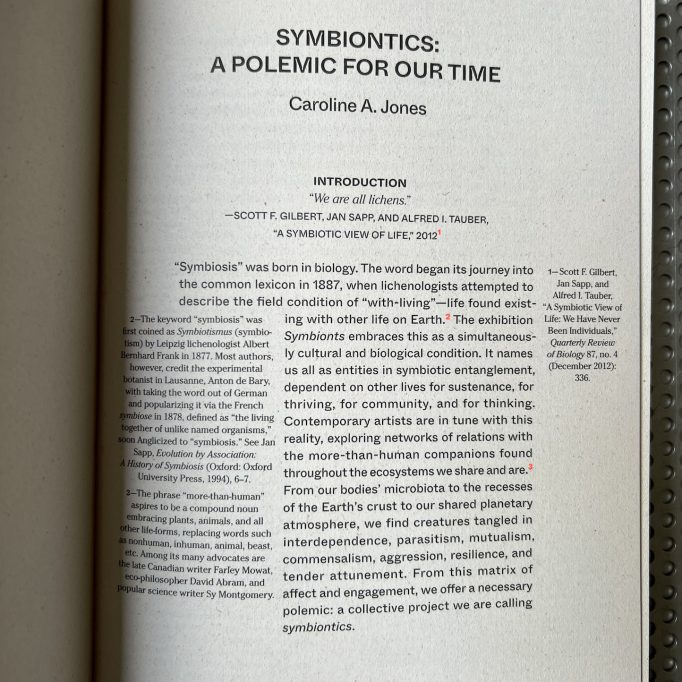


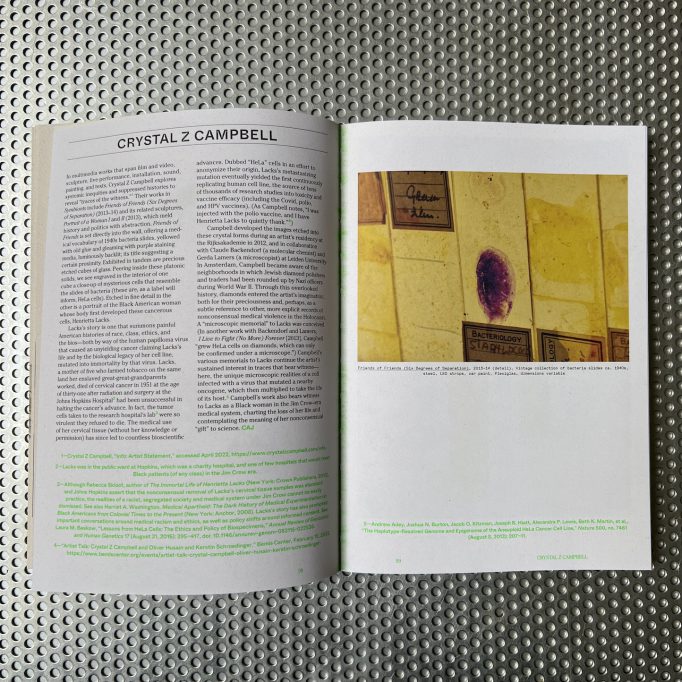
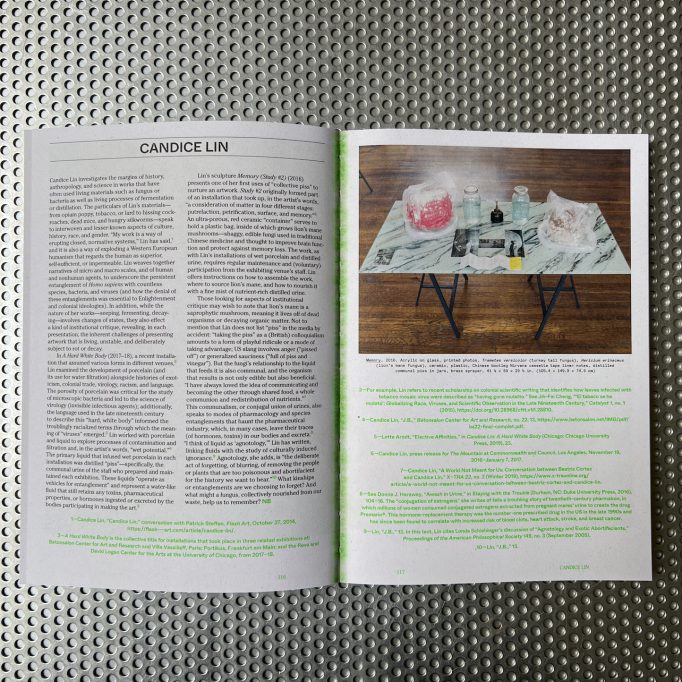

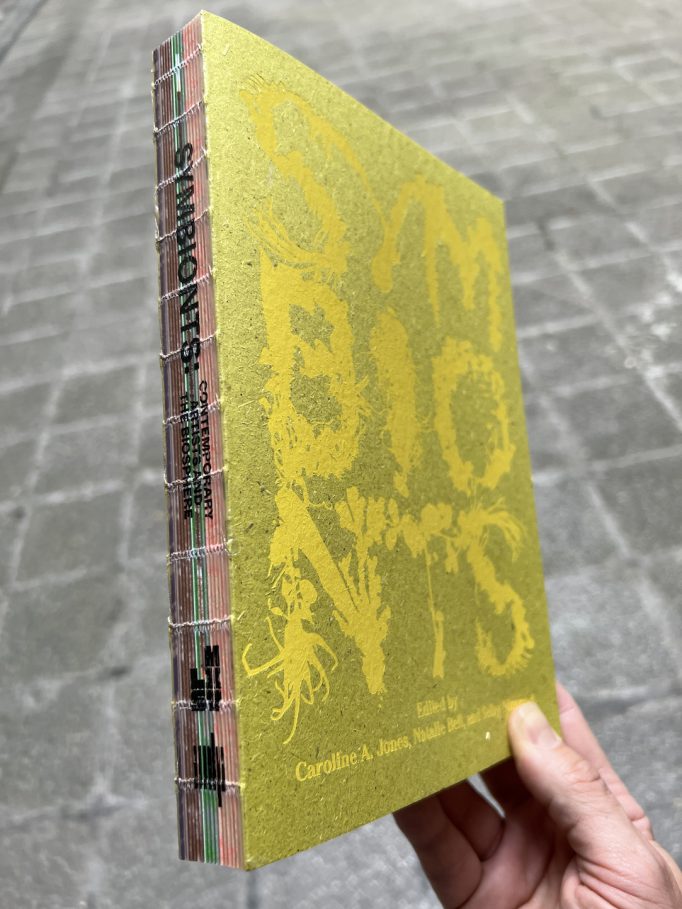
Essays, conversations, selected texts, and a rich collection of thought-provoking artworks celebrate a revolution in bio art. Expertly designed by Omnivore and printed on special papers, including chlorophyll cover and crush citrus and crush cocoa pages.
The texts and artworks in Symbionts provoke a necessary conversation about our species and its relation to the planet. Are we merely “mammalian weeds,” as evolutionary biologist Lynn Margulis put it? Or are we partners in producing and maintaining the biosphere, as she also suggested? Symbionts reflects on a recent revolution in bio art that departs from the late-1990s code-oriented experiments to embrace entanglement and symbiosis (“with-living”). Combining documentation of contemporary artworks with texts by leading thinkers, Symbionts, which accompanies an exhibition at MIT List Visual Arts Center, offers an expansive view of humanity’s place on the planet.
Color reproductions document works by international artists that respond to the revelation that planetary microbes construct and maintain our biosphere. A central essay by coeditor Caroline Jones sets their work in the context of larger discussions around symbiosis; additional essays, an edited roundtable discussion, and selected excerpts follow. Contributors explore, among other things, the resilient ecological knowledge of indigenous scholars and artists, and “biofiction,” a term coined by Jones to describe the work of such theoretical biologists as Jacob von Uexküll as well as the witty parafictions of artist Anicka Yi. A playful glossary puts scientific terms in conversation with cultural ones.
Order here

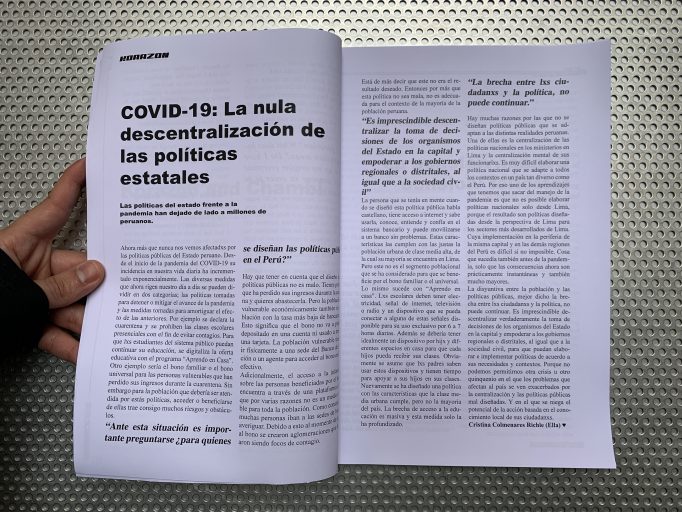
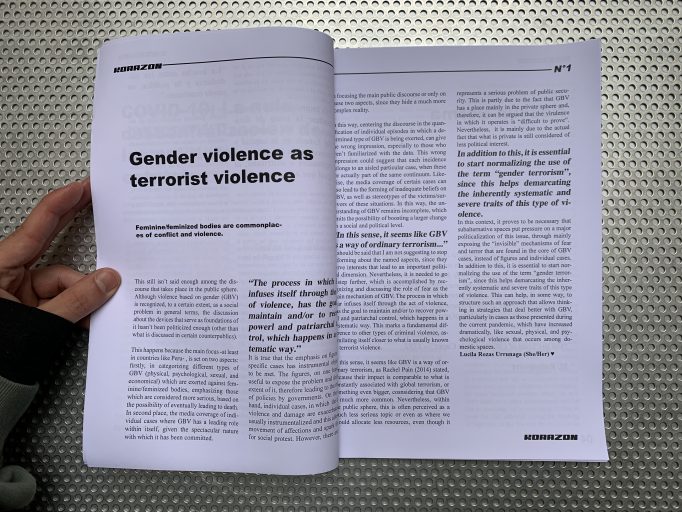
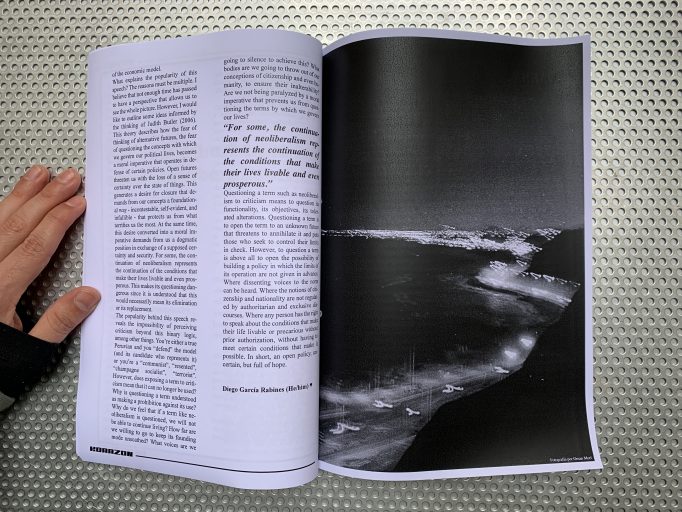
Korazon #1
a sensual and political magazine
With KORAZON, we want to dive into topics previously discussed by Amauta’s writers within the current context of cultural activities no longer being subsidized by the government, but rather turned into for-profit projects. In this mag, we want to show how crucial identity and collective culture are to a country and how important it is to invest in us as a multicultural territory. This platform’s aim is to bring attention to issues that affect us as Peruvians, especially those that we hardly emphasize and pinpoint as oppressive or holding us back as a community.
Order here
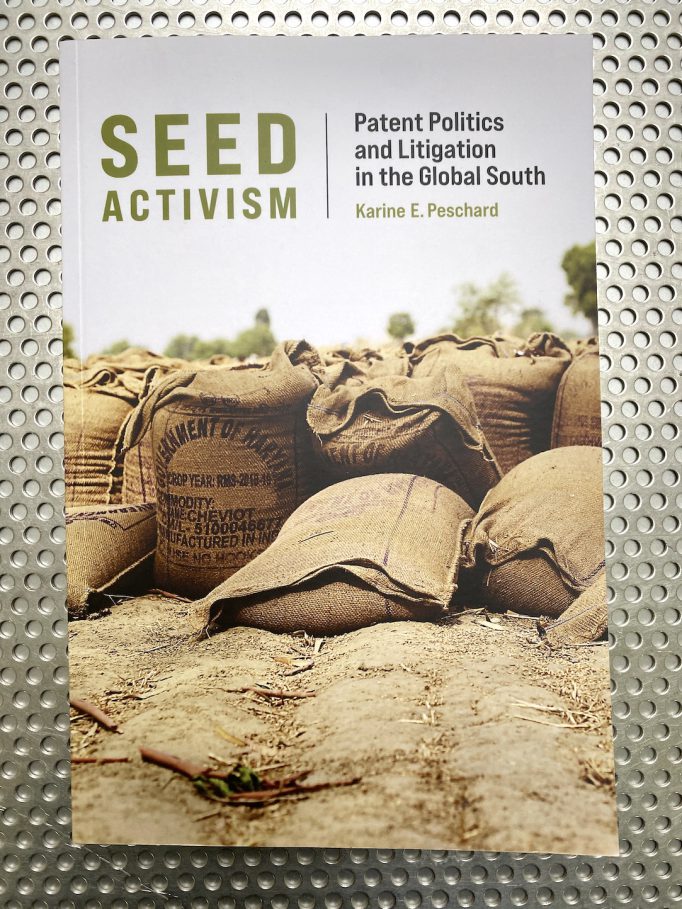

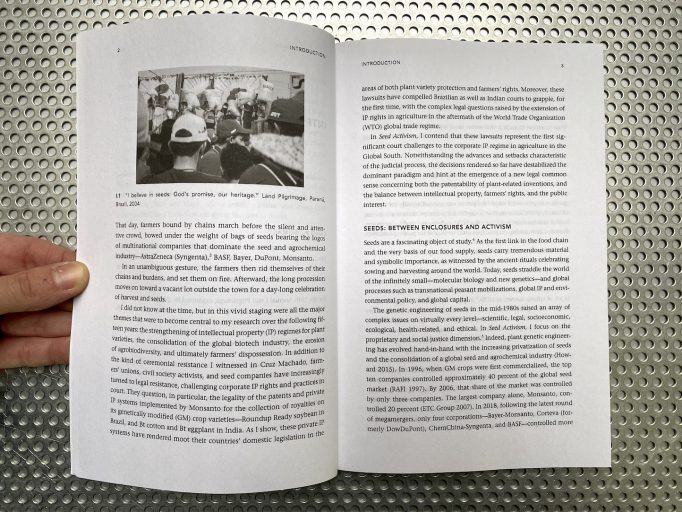
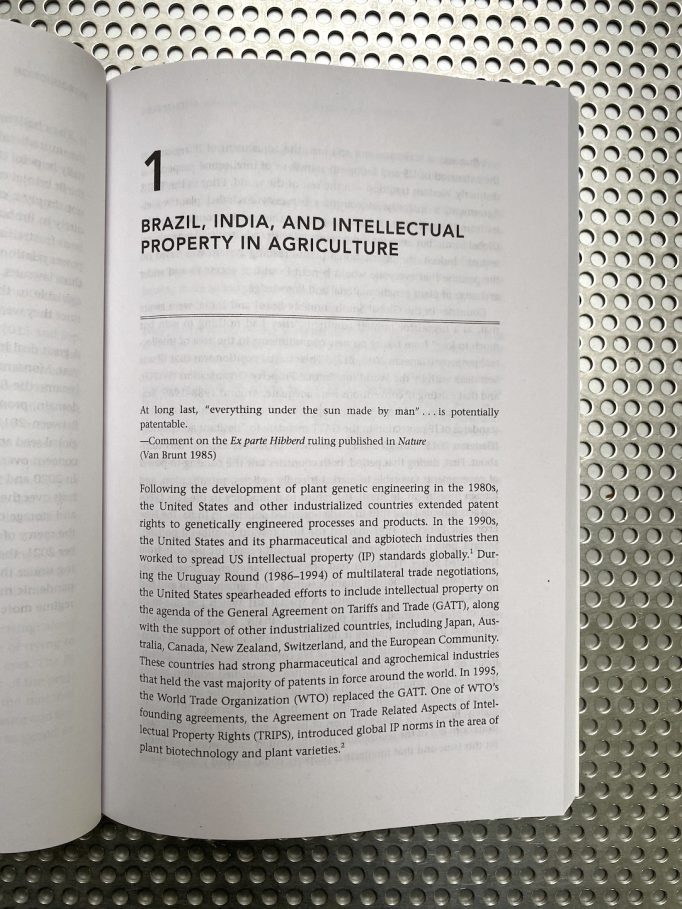
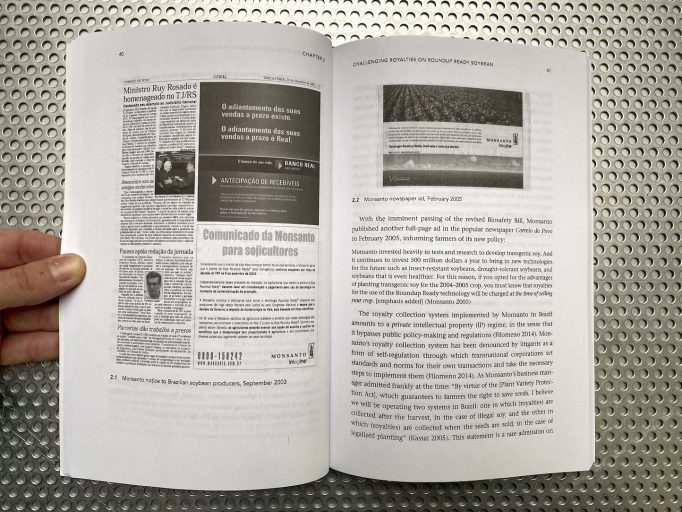
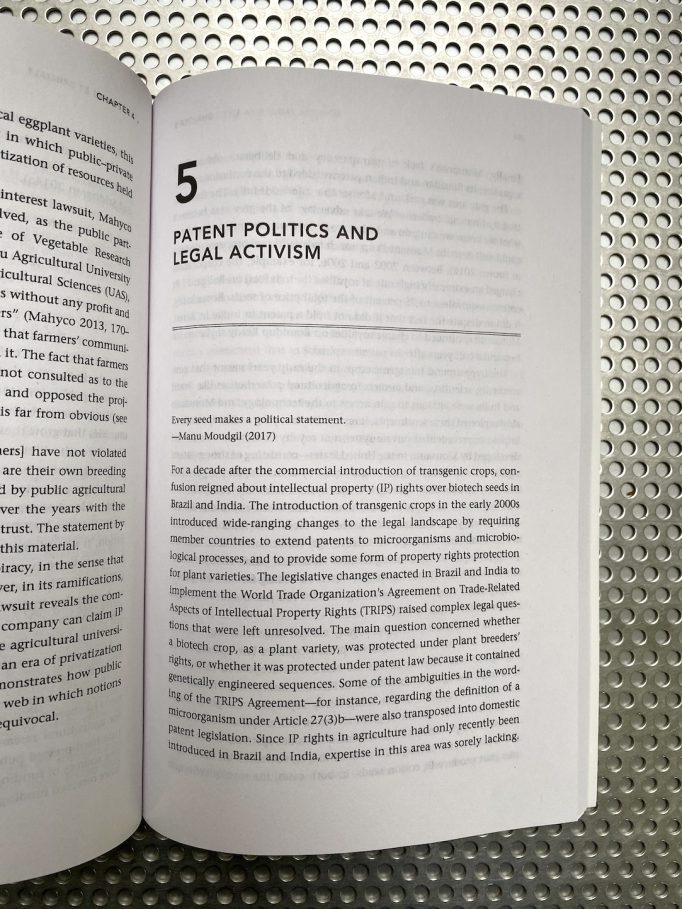
How lawsuits around intellectual property in Brazil and India are impacting the patentability of plants and seeds, farmers’ rights, and the public interest.
Over the past decade, legal challenges have arisen in the Global South over patents on genetically modified crops. In this ethnographic study, Karine E. Peschard explores the effects of these disputes on people’s lives, while uncovering the role of power—material, institutional, and discursive—in shaping laws and legal systems. The expansion of corporate intellectual property (IP), she shows, negatively impacts farmers’ rights and, by extension, the right to food, since small farms produce the bulk of food for domestic consumption. Peschard sees emerging a new legal common sense concerning the patentability of plant-related inventions, as well as a balance among IP, farmers’ rights, and the public interest.
Peschard examines the strengthening of IP regimes for plant varieties, the consolidation of the global biotech industry, the erosion of agrobiodiversity, and farmers’ dispossession. She shows how litigants question the legality of patents and private IP systems implemented by Monsanto for royalties on three genetically modified crop varieties, Roundup Ready soybean in Brazil and Bt cotton and Bt eggplant in India. Peschard argues that these private IP systems have rendered moot domestic legislation on plant variety protection and farmers’ rights. This unprecedented level of corporate concentration in such a vital sector raises concerns over the erosion of agricultural biodiversity, farmers’ rights and livelihoods, food security, and, ultimately, the merits of extending IP rights to higher life forms such as plants.
Order here
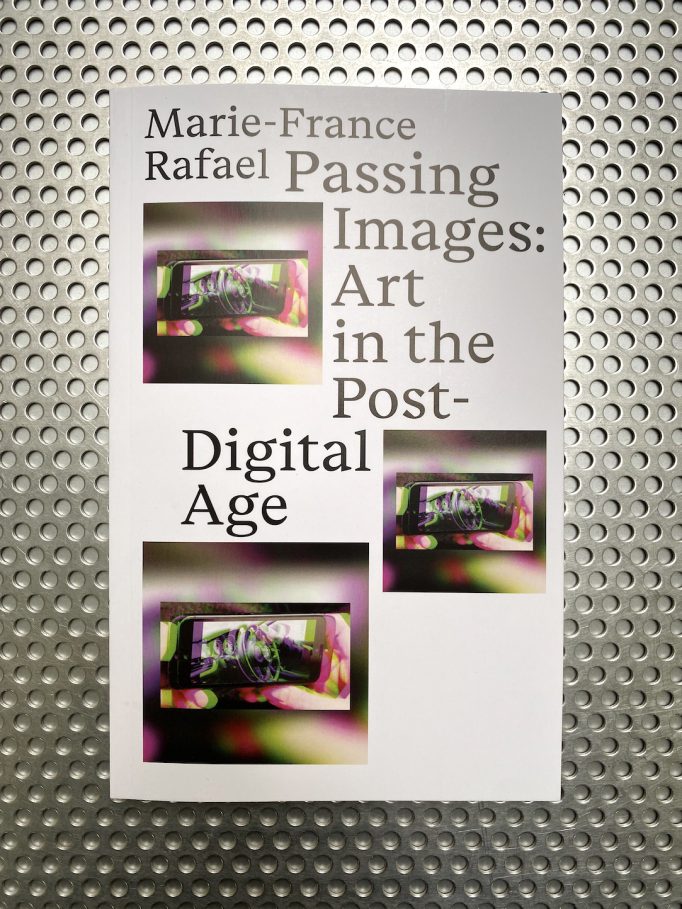


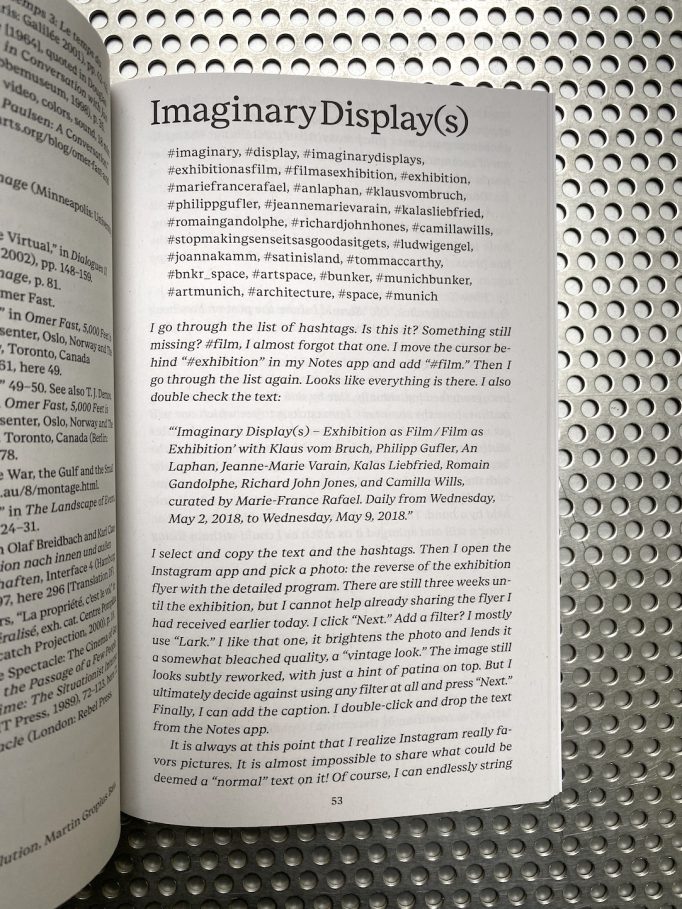


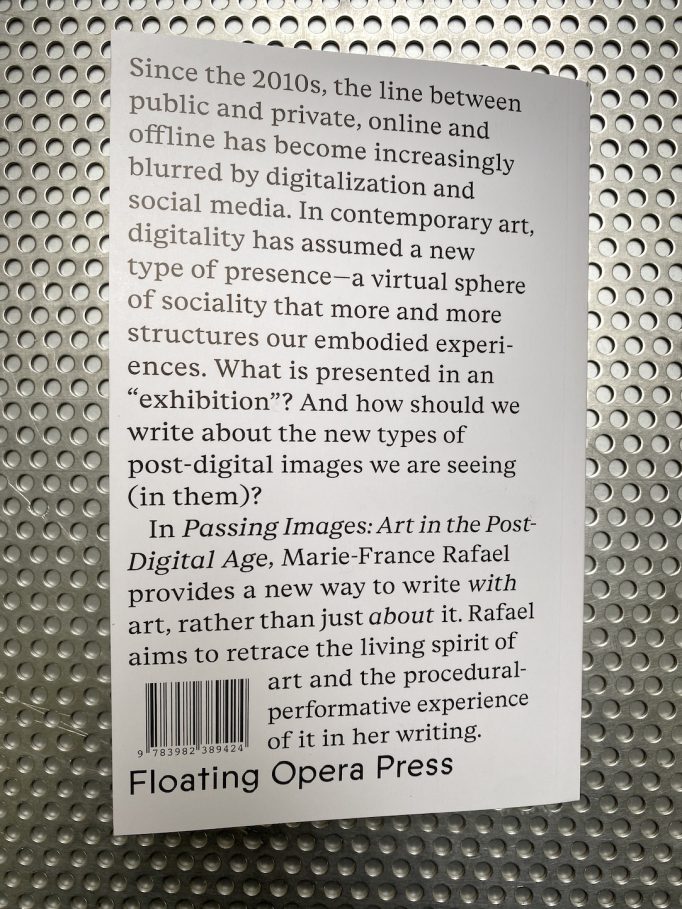
Since the 2010s, the line between public and private, online and offline have increasingly become blurred by digitalization and social media. In contemporary art, digitality has assumed a new type of presence—no longer only as a virtual sphere of sociality, but increasingly as a technological interface that structures our embodied experiences. What is presented in an “exhibition“? And how should we write about the new types of post-digital images we are seeing (in them)? In Passing Images: Art in the Post-Digital Age, Marie-France Rafael provides an attempt to write with art, rather than just about it. Rafael aims to retrace the living spirit of art and the procedural-performative experience of art in her writing.
Marie-France Rafael is a tenure-track professur at the Zurich University of the Arts. She studied art history and film studies in Berlin and Paris, and holds a PhD in art history. From 2011 to 2015, she was a research associate at the Free University of Berlin and until 2019 taught at the Muthesius University Kiel, Department of Spatial Strategies/Curatorial Spaces. Her interview book with French artist Brice Dellsperger, On Gender Performance, was published with Floating Opera Press in 2019.
Order here